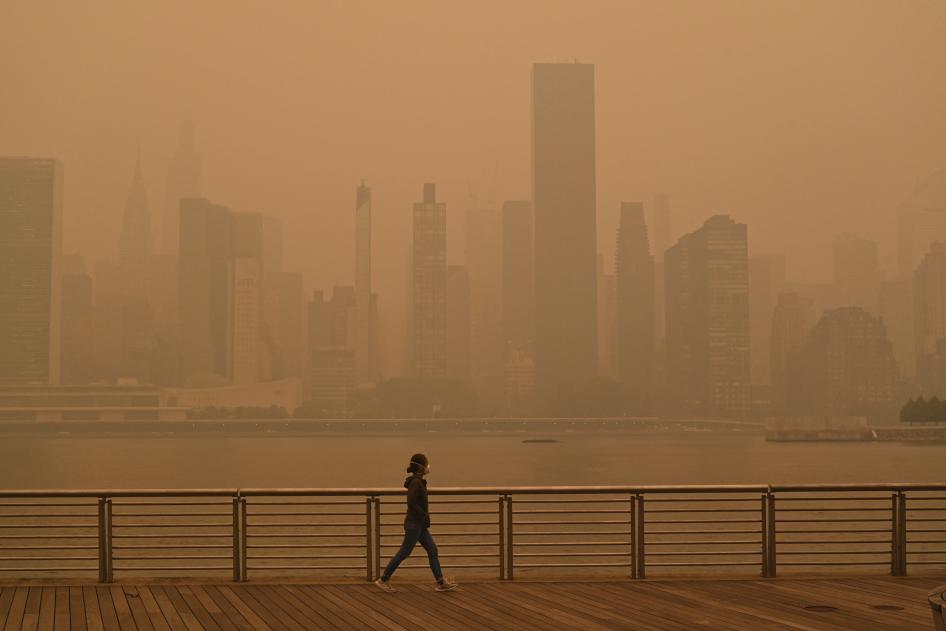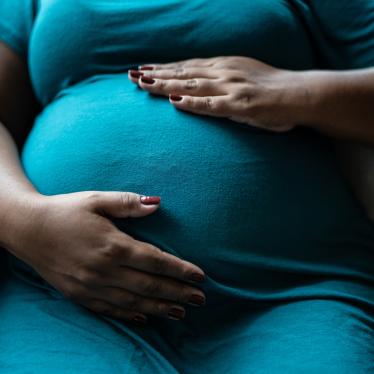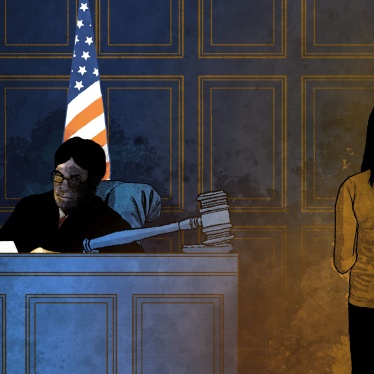Canada’s wildfires have led to unpleasantly hazy skies and unhealthy air across large swathes of North America. The air quality in Canada is horrendous and – in certain areas – some of the worst in the world. Wildfire smoke is harmful to human health and other life, and is a worsening problem because of the climate crisis. Drought, for example, can make it easier for forests to catch on fire and for the fire to spread.
This is bad news for pregnant people in Canada, where fires have also forced people to flee their homes, as well as New York, Washington, DC, and other areas affected by the haze. Maternal health, including fetal development, is especially vulnerable to air pollution. Studies link air pollution with low birth weight, stillbirth, and deadly maternal health diseases like hypertension and gestational diabetes. The impact of tiny particulate matter, called PM 2.5, in wildfire smoke and other air pollution – including from fossil fuel and petrochemical operations – on premature birth rates are so well known that one expert tweeted that we don’t need more studies, only action.
Research by Human Rights Watch and Nurturely, a perinatal rights group in Oregon, shows wealth is a major factor in determining who is exposed to wildfire smoke. Wealthier people with air purifiers, well-built houses, and flexibility about when and where they work, fare better than low-income people, such as migrant workers, who may work outdoors and have no choice but poor-quality housing.
Across the United States, premature birth rates are growing. They are about twice as high for Black women as for white women. Black communities face worse air pollution than others, and may also be more vulnerable to pollution because of systemic racism.
The Biden administration and Congress took steps to address the climate crisis last year, including by enacting the Inflation Reduction Act. However, some lawmakers suggested important maternal health provisions that were not incorporated into the legislation, including in the “Protecting Moms and Babies Against Climate Change Act.” These provisions would have helped set up protections from the climate crisis for the most at-risk pregnant people, including by procuring more resources for frontline birth workers like doulas. The bill has been reintroduced this year in Congress.
Congress should pass this bill. Wildfire smoke in the US capital should remind lawmakers that air pollution has long been a largely ignored reproductive justice issue and part of the maternal health crisis in the US.









